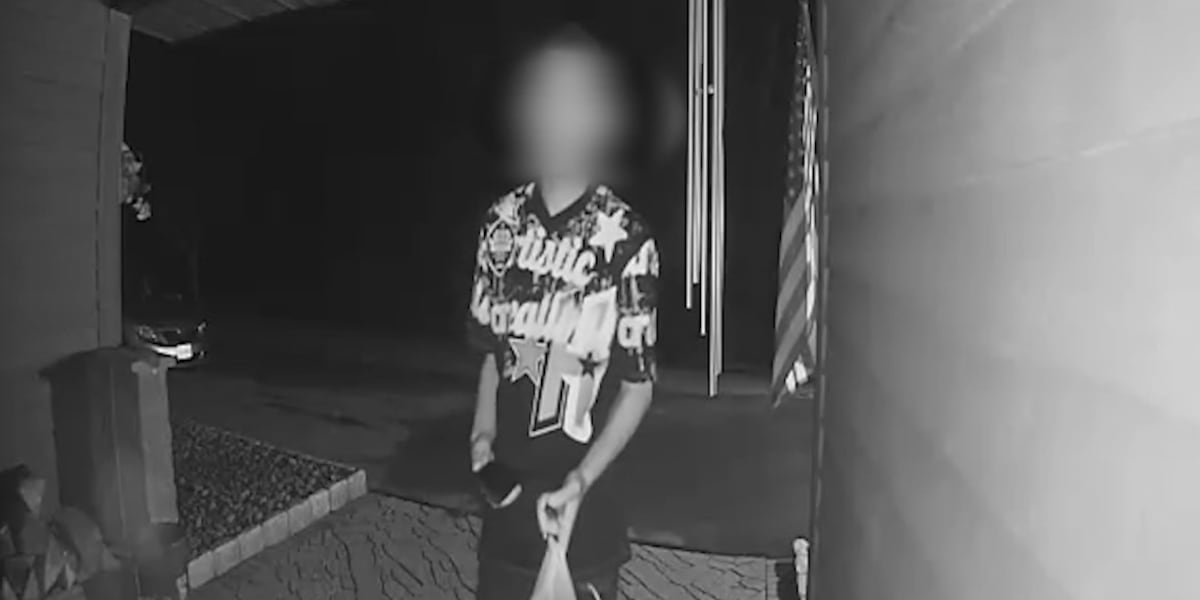Food Delivery Turns Violent as New York Town Official Shoots Driver During Late-Night Encounter
Small-Town Official Accused of Shooting Delivery Driver Claims He Acted in Fear
In a case that has gripped residents of a quiet upstate New York town, a local official is facing serious criminal charges after an encounter with a food delivery driver ended in gunfire. The man at the center of the controversy is John Reilly III, the highway superintendent of Chester, a town located about 60 miles north of Manhattan. Reilly is accused of shooting and seriously wounding a DoorDash driver in what he now claims was an act of self-defense.
A Routine Delivery Turns Dangerous
The incident occurred on May 2 when a DoorDash driver—who remains publicly unidentified—approached Reilly’s home to complete a delivery. According to prosecutors, the driver was simply lost, disoriented, and had a dead cellphone battery. Believing the food might be meant for someone at the address, the driver rang the doorbell to confirm.
However, what followed was captured on Reilly’s own Ring doorbell camera and later obtained by media outlets. The footage reportedly shows the driver holding a plastic bag as he approaches the door. Moments later, Reilly exits his home holding a handgun. He fires an initial shot into the lawn while commanding the driver to leave. As the driver attempts to turn around in the driveway, Reilly fires again—this time striking the vehicle—and then shoots a third time as the car drives away.
The Driver Suffers Serious Injuries
The driver was struck in the back by one of the bullets and sustained serious injuries. Authorities later confirmed that the shooting left the man in critical condition, though further details about his recovery have not been released publicly.
Legal Defense Cites Rising Fear of Home Invasions
Reilly’s attorney, Thomas Kenniff, insists his client was acting out of fear and was simply trying to protect his family. Kenniff described a sequence of events that allegedly began when Reilly’s 12-year-old daughter was startled awake by the doorbell. Reilly claims he confronted the driver, who was not wearing any uniform or company identification, and who then allegedly insisted on entering the home to charge his phone.
According to the defense, Reilly denied the man entry and warned him that he was retrieving a gun for protection. Kenniff argues that this reaction was not only reasonable but also reflective of growing concern about home invasions in rural America.
“My client reasonably believed there was a threat,” said Kenniff. “He took actions to protect his home and family. Unfortunately, those actions had unintended consequences.”
Prosecutors Paint a Different Picture
Prosecutors see the situation differently. Orange County District Attorney David Hoovler described the shooting as a “horrifying” and unprovoked act of violence. In addition to attempted murder, Reilly faces charges of first-degree assault and multiple weapons violations.
A subsequent search of Reilly’s property uncovered eight firearms, including the .45-caliber handgun used in the shooting. While Reilly holds a federal license to sell firearms, authorities state that he did not possess a New York state pistol permit, making his possession of the weapons illegal under state law.
Bail Granted but Questions Remain
Reilly pleaded not guilty in Orange County Court in Goshen and was released on bail. He declined to speak with reporters after the court appearance. As the legal process unfolds, the case is raising questions about gun ownership laws, the balance between self-defense and excessive force, and the vulnerability of gig workers who often interact with strangers in unfamiliar neighborhoods.
Broader Implications for Rural Gun Culture and Gig Economy Safety
This incident reflects broader societal tensions around personal safety, especially in rural areas where residents may be more likely to keep firearms in the home. It also highlights challenges faced by gig workers—particularly delivery drivers—who often operate without clear identification or communication tools in unpredictable environments.
While the legal system will ultimately determine Reilly’s guilt or innocence, the incident serves as a stark reminder of how quickly a seemingly routine interaction can escalate into violence. It also raises important questions about the responsibilities of both homeowners and service workers in maintaining safe, respectful boundaries.
A Town Waiting for Answers
As Chester residents grapple with the aftermath of the shooting, many are calling for greater clarity—not just from the courts, but in terms of how similar situations might be avoided in the future. The outcome of this case may well set a precedent, not only for legal interpretations of self-defense but also for how communities respond to fears of crime and the presence of strangers at their door.






COMMENTS (0)
Sign in to join the conversation
LOGIN TO COMMENT